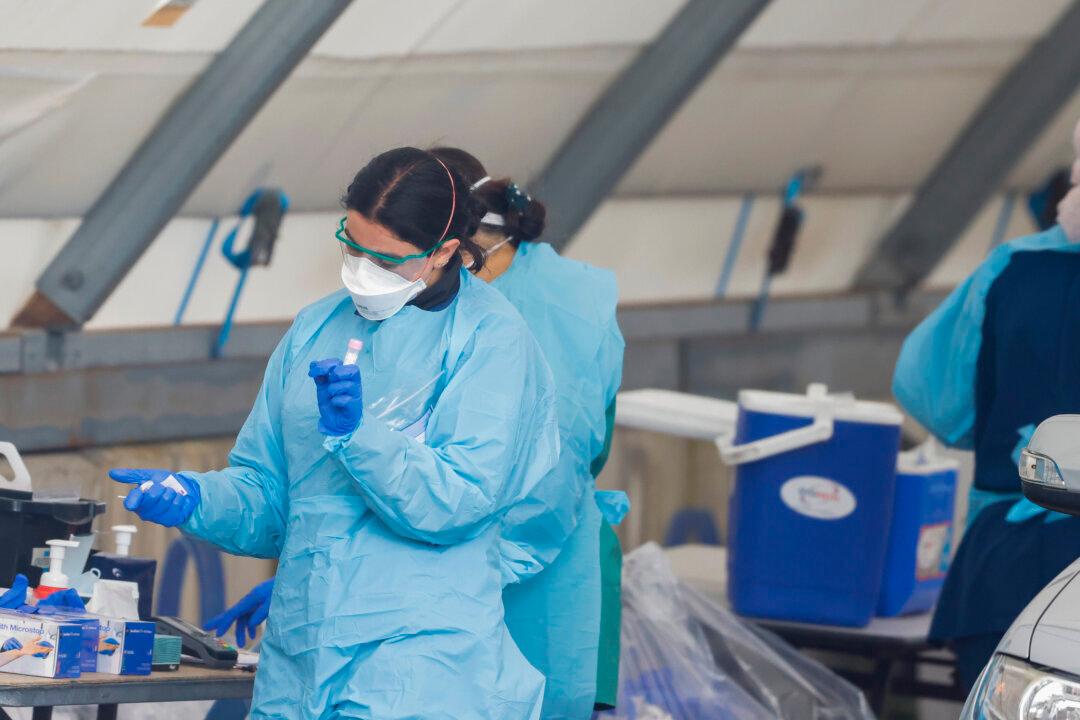The Australian government has released a national plan to monitor COVID-19, flu, and respiratory syncytial virus (RSV), to enhance authorities’ ability to respond effectively to these viral respiratory diseases.
The national plan (pdf) will establish a framework for the collection, analysis, and reporting of data related to these three pathogens.





